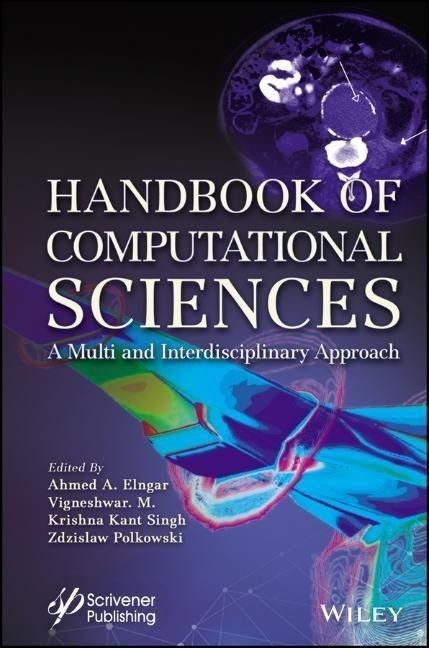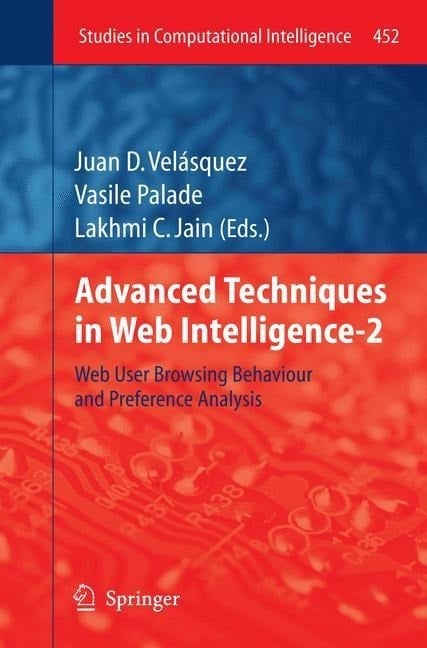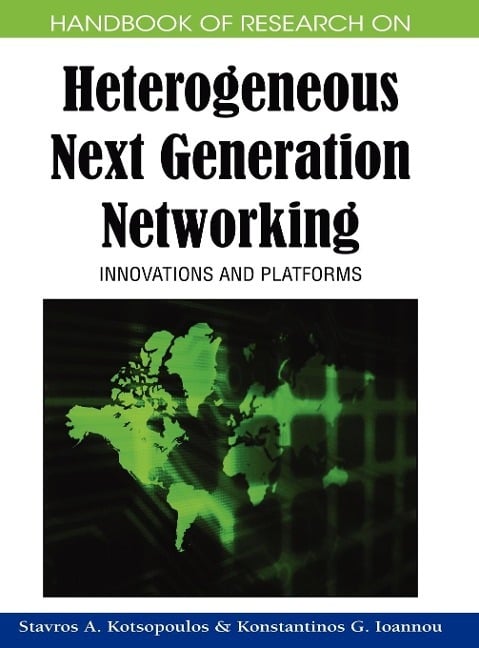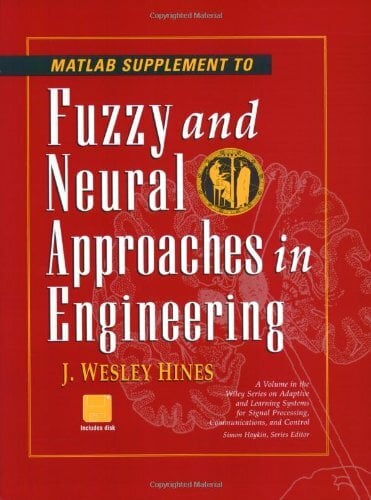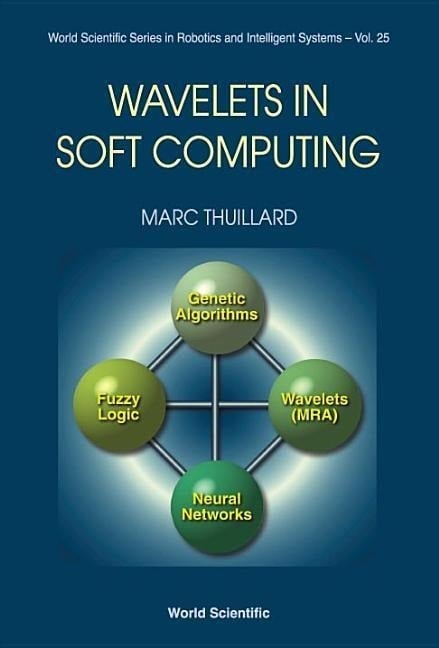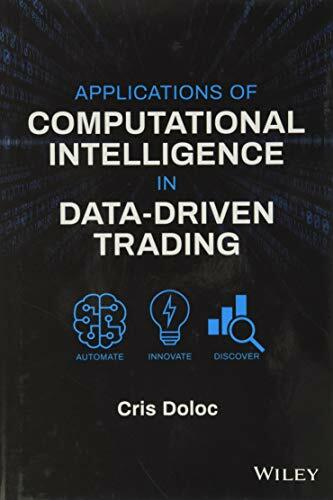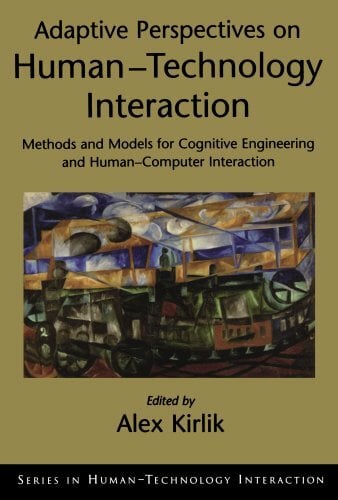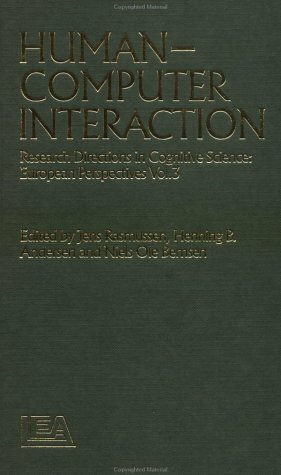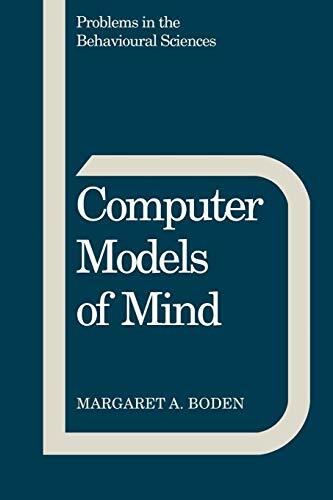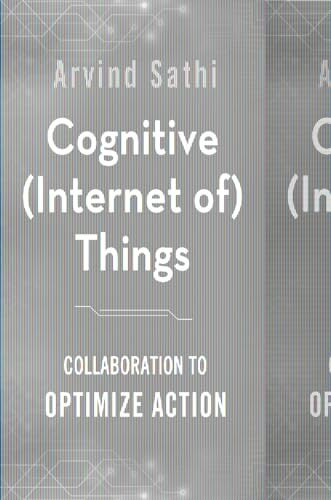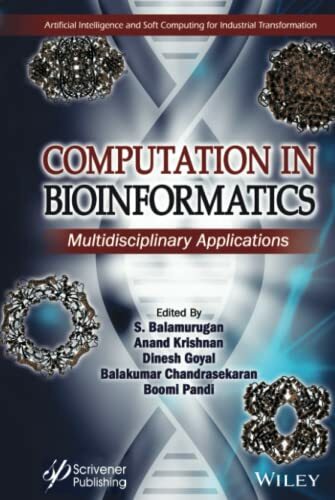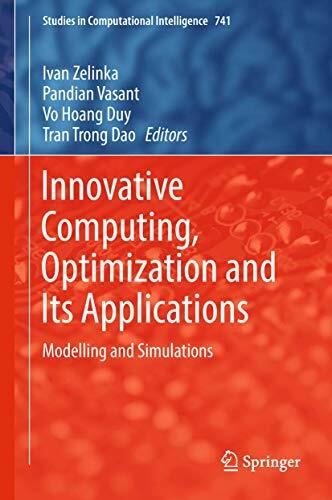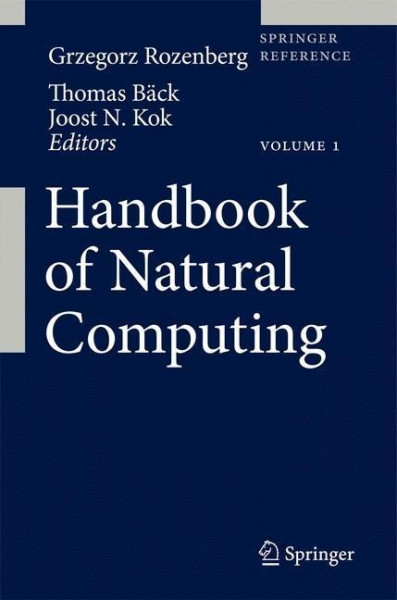
Handbook of Natural Computing
Kurzinformation
inkl. MwSt. Versandinformationen
Artikel zZt. nicht lieferbar
Artikel zZt. nicht lieferbar

Beschreibung
Natural Computing is the field of research that investigates both human-designed computing inspired by nature and computing taking place in nature, i.e., it investigates models and computational techniques inspired by nature and also it investigates phenomena taking place in nature in terms of information processing. Examples of the first strand of research covered by the handbook include neural computation inspired by the functioning of the brain; evolutionary computation inspired by Darwinian evolution of species; cellular automata inspired by intercellular communication; swarm intelligence inspired by the behavior of groups of organisms; artificial immune systems inspired by the natural immune system; artificial life systems inspired by the properties of natural life in general; membrane computing inspired by the compartmentalized ways in which cells process information; and amorphous computing inspired by morphogenesis. Other examples of natural-computing paradigms are molecular computing and quantum computing, where the goal is to replace traditional electronic hardware, e.g., by bioware in molecular computing. In molecular computing, data are encoded as biomolecules and then molecular biology tools are used to transform the data, thus performing computations. In quantum computing, one exploits quantum-mechanical phenomena to perform computations and secure communications more efficiently than classical physics and, hence, traditional hardware allows. The second strand of research covered by the handbook, computation taking place in nature, is represented by investigations into, among others, the computational nature of self-assembly, which lies at the core of nanoscience, the computational nature of developmental processes, the computational nature of biochemical reactions, the computational nature of bacterial communication, the computational nature of brain processes, and the systems biology approach to bionetworks where cellular processes aretreated in terms of communication and interaction, and, hence, in terms of computation. We are now witnessing exciting interaction between computer science and the natural sciences. While the natural sciences are rapidly absorbing notions, techniques and methodologies intrinsic to information processing, computer science is adapting and extending its traditional notion of computation, and computational techniques, to account for computation taking place in nature around us. Natural Computing is an important catalyst for this two-way interaction, and this handbook is a major record of this important development.
Produktdetails

So garantieren wir Dir zu jeder Zeit Premiumqualität.
Über den Autor
Grzegorz Rozenberg is the head of the Theoretical Computer Science group at Leiden Institute of Advanced Computer Science (LIACS) as well as the scientific director of Leiden Center for Natural Computing (LCNC), both at Leiden University, the Netherlands. A Ph.D. in Mathematics from the Polish Academy of Sciences in Warsaw, he has published about 500 papers, six books, and is the co-editor of more than seventy books. He is a Foreign Member of the Finnish Academy of Sciences and Letters, a member of Academia Europaea, a member of the European Association for Theoretical Computer Science as well as the American Association for Advancement of Science, and an Honorary member of the World Innovation Foundation. He is a recipient of the Distinguished Achievements Award of the European Association for Theoretical Computer Science "in recognition of his outstanding scientific contributions to theoretical computer science."Thomas Back is head of the Natural Computing Research Group at the Leiden Institute of Advanced Computer Science at Leiden University, the Netherlands. A Ph.D. in Computer Science from Dortmund University in Germany, he has more than 150 publications on natural computing technologies and is the author of Evolutionary Algorithms in Theory and Practice and co-editor of Handbook of Evolutionary Computation. He is an editorial board member and associate editor of a number of journals on evolutionary and natural computation, is co-editor of the Natural Computation Book Series, and has served as program chair for all major conferences in evolutionary computation. He received the best dissertation award from the Gesellschaft für Informatik in 1995 and is an elected fellow of the International Society for Genetic and Evolutionary Computation for his contributions to the field.Joost N. Kok is the Scientific Director of the Leiden Institute of Advanced Computer Science at Leiden University, Netherlands, as well as a professor in fundamental computer science and medicine there. He is the co-head of the research clusters Algorithms and Foundations of Software as well as board member of the Centre for Mathematics and Computer Science and member of the editorial board of Fundamenta Informaticae. He is the editor of the book series on Natural Computing of Springer Verlag, the Artificial Intelligence theme editor of Encyclopedia of Life Support Systems, Unesco, an associate editor of the Natural Computing Journal, editor of Theoretical Computer Science, section C, editor of the Journal of Universal Computer Science, editor of Computational Intelligence, Blackwell Publishing, and series editor of the book series Frontiers in Artificial Intelligence and Applications.

- Gebunden
- 832 Seiten
- Erschienen 2017
- Wiley

- hardcover
- 1518 Seiten
- Erschienen 2012
- Taylor & Francis Inc
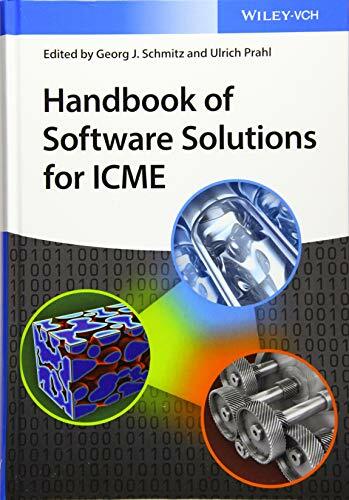
- Gebunden
- 595 Seiten
- Erschienen 2016
- Wiley-VCH

- hardcover
- 400 Seiten
- Erschienen 2008
- Academic Press

- Hardcover
- 256 Seiten
- Erschienen 2023
- Wiley-Scrivener
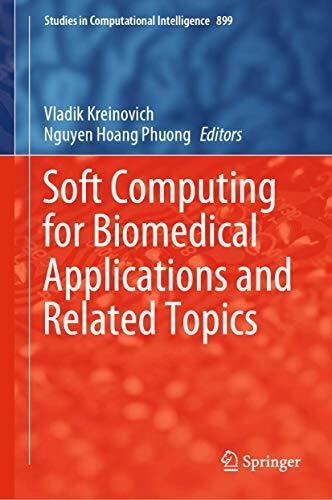
- hardcover
- 338 Seiten
- Erschienen 2020
- Springer

- hardcover
- 821 Seiten
- Erschienen 2006
- Wiley-VCH

- bundle
- 368 Seiten
- Erschienen 2009
- World Scientific Publishing...

- hardcover
- 2752 Seiten
- Erschienen 2004
- Chapman & Hall/CRC

- hardcover -
- Erschienen 1996
- Thieme, Stuttgart

- Gebunden
- 176 Seiten
- Erschienen 2011
- Springer








